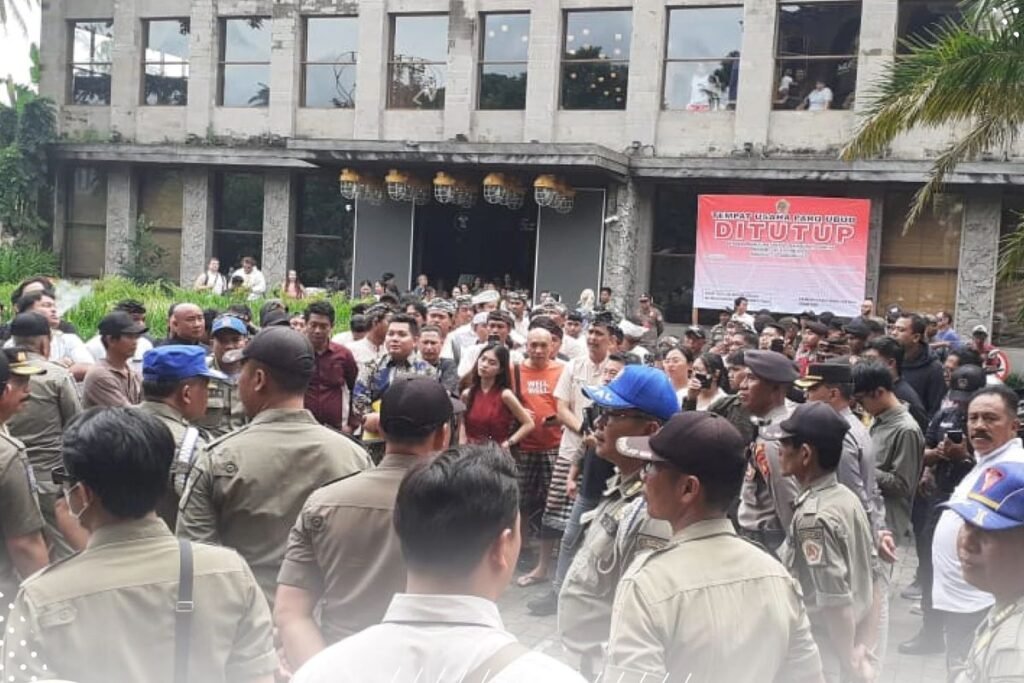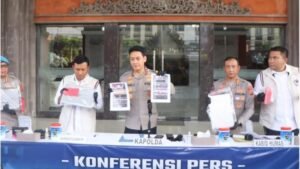
The Gianyar Regency Government officially closed down the accommodation business PARQ Ubud, often referred to as the “Russian Village in Bali,” on 20 January 2025.
The closure was enacted under Regent Decree No. 285/E-09/HK/2025, citing violations of local regulations.
Legal Violations Prompt Closure
General Administration Assistant for the Gianyar Regency Regional Secretariat, I Ketut Pasek Lanang Sadia, explained that the decision followed legal procedures.
“The closure was carried out in accordance with the laws and Regional Regulations of Gianyar Regency, and it has gone through several stages,” he stated in an official release.
PARQ Ubud was found to be in violation of Article 19 Paragraph (3) of Gianyar Regional Regulation No. 15 of 2015 concerning Public Order and Community Peace, as well as Gianyar Regional Regulation No. 2 of 2022 on Risk-Based Licensing.
The Rise of PARQ Ubud
Located at Jalan Sri Wedari No. 24, Banjar Tegallantang, Ubud, PARQ Ubud opened in May 2020 as a café and bar.
By 2021, it expanded into a hotel, offering five rooms.
By 2023, the property had grown significantly, boasting 103 rooms, with plans to expand to 500 rooms in the future.
According to its website, PARQ Ubud occupied 120.000 square meters of land by 2024, with ambitions to add 530.000 square meters of residential and commercial areas by 2026. The property housed 300 permanent residents, many of whom stayed for up to four years, and welcomed 150.000 guests annually.
Despite its nickname, “Russian Village,” PARQ Ubud catered to a diverse clientele. General Manager I Made Dwi Surya Permadi maintained that the facility was open to all, although approximately 50–60 percent of its guests were Russian nationals.
Previous Investigations and Controversies
PARQ Ubud faced multiple inspections from the Foreigners Monitoring Team (Timpora) and immigration authorities.
While no violations of immigration regulations were found, the property faced temporary closure in November 2024 due to operating without a Building Approval (PBG) or Certificate of Proper Function (SLF).
Additionally, it was discovered that the property stood on protected agricultural land, violating spatial planning regulations.
Despite warnings and meetings with the government, the management failed to provide the necessary permits. This led to an agreement to halt operations temporarily. However, continued non-compliance ultimately resulted in the property’s permanent closure.
Community and Official Responses
The closure of PARQ Ubud underscores the Gianyar government’s commitment to enforcing regulations. The case also highlights concerns over exclusive foreign enclaves in Bali, which have drawn criticism for their perceived lack of integration with local culture and their impact on protected land use.










